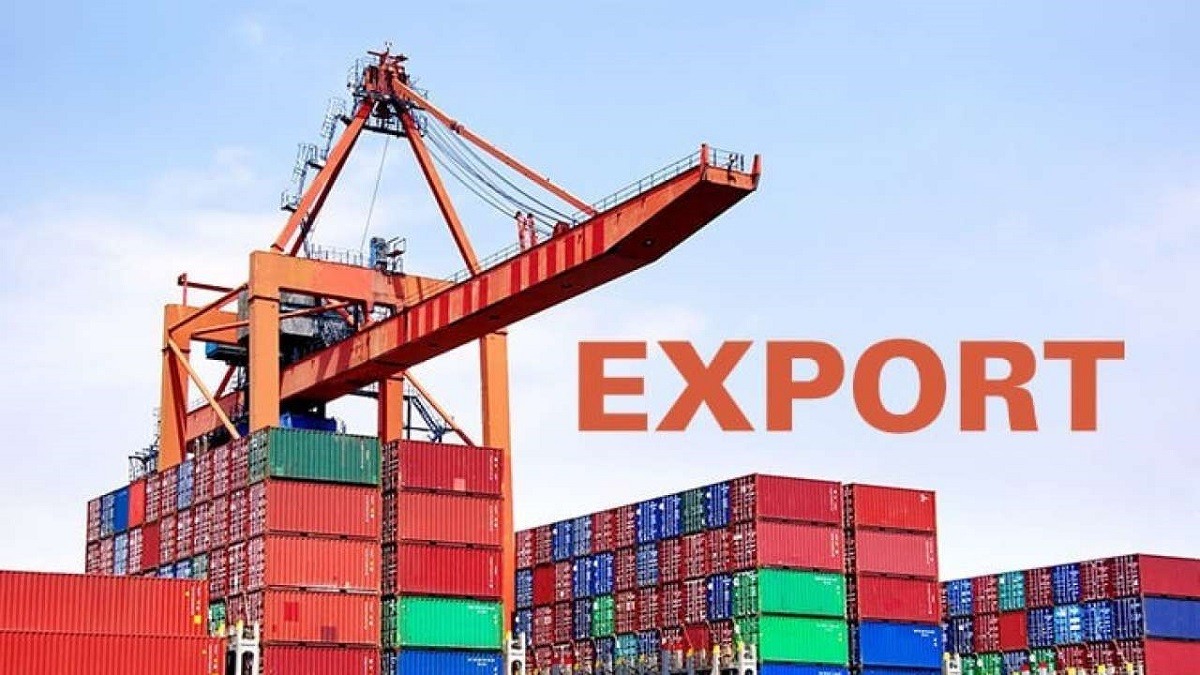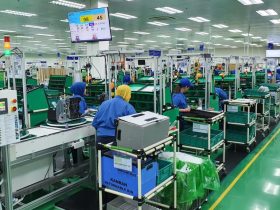
Guinea Bissau main exported goods
Guinea-Bissau, a small West African nation, has an economy largely dependent on agricultural exports, with cashew nuts playing a central role. Despite its relatively small size, the country’s unique agricultural profile has shaped its export market. The tropical climate and fertile lands make Guinea-Bissau well-suited for growing cashews, along with other agricultural products, and these exports significantly impact its economy.
Cashew Nuts: The Primary Export
Cashew nuts are by far the most important export for Guinea-Bissau, comprising around 80-90% of the country’s export revenue. The country is among the largest global producers of raw cashew nuts. The high demand for cashews in markets such as India and Vietnam fuels this export industry, as these countries import raw cashews to process and re-export as finished products. Cashew nuts are particularly important to Guinea-Bissau’s rural population, as the industry supports a large portion of its workforce. Many smallholder farmers rely on cashew farming as their primary income source, and the government views the sector as essential to both economic stability and rural livelihoods.
However, the cashew industry faces challenges. Guinea-Bissau primarily exports raw cashew nuts rather than processed nuts, which limits its potential for higher revenue. Processing cashews within the country would increase the value of the exports and provide additional jobs. Efforts to develop cashew-processing infrastructure are ongoing, but political and economic instability often hinders such initiatives. Nevertheless, cashews remain a core aspect of Guinea-Bissau’s export profile and play a crucial role in its economy.
Fish and Seafood: A Growing Industry
Fishing is another key export sector for Guinea-Bissau, as the nation has rich marine resources along its Atlantic coast. Fish and seafood, including shrimp and mollusks, are exported primarily to neighboring West African countries and, to a lesser extent, Europe. The country’s exclusive economic zone is well-stocked with diverse fish species, making it a potential area for further export growth. However, illegal and unregulated fishing is a significant issue, reducing the potential revenue from this sector and depleting fish stocks.
The government has partnered with international organizations to improve regulation and oversight of its fisheries to prevent illegal fishing and protect marine biodiversity. The potential for fish and seafood exports remains high, provided that Guinea-Bissau can effectively manage its marine resources and curb illegal fishing.
Timber: A Controversial Export
Guinea-Bissau’s tropical forests make timber another notable export. However, timber exports, particularly rosewood, have been a subject of controversy due to deforestation and environmental concerns. Deforestation linked to timber exports has caused environmental degradation, impacting local ecosystems and biodiversity. The government has imposed bans on logging at various points to protect its forests, but enforcement has been challenging.
Efforts to regulate the timber trade face obstacles, including limited government capacity and corruption. Illegal logging continues to be a problem, despite government interventions. Sustainable management of forest resources could allow timber to contribute to Guinea-Bissau’s export economy in a more environmentally responsible manner.
Other Agricultural Products: Fruits and Grains
In addition to cashews, Guinea-Bissau also produces other agricultural products for export, such as mangoes, peanuts, and rice. These products are typically grown on a smaller scale and exported to neighboring countries. The agricultural sector has the potential to diversify further, as the climate is suitable for various tropical fruits and grains. Developing these exports could reduce Guinea-Bissau’s reliance on cashews and provide additional revenue streams. However, this would require investment in agricultural infrastructure and access to regional and international markets.
Challenges and Opportunities
Guinea-Bissau faces several challenges in its export sector, including political instability, inadequate infrastructure, and a lack of diversification. Political instability has led to frequent changes in government policies, which disrupt trade and investment. Inadequate infrastructure, such as limited transportation networks and port facilities, also restricts export growth. Furthermore, the heavy reliance on cashews makes the economy vulnerable to fluctuations in global demand and prices for cashew nuts.
Despite these challenges, there are opportunities for growth. Developing cashew-processing facilities, investing in sustainable fishing practices, and diversifying agricultural exports could help Guinea-Bissau build a more resilient economy. International partnerships and investments, particularly in infrastructure and the agricultural sector, would be crucial for the country to reach its full export potential.
In summary, Guinea-Bissau’s export economy is centered around cashew nuts, with fish, timber, and other agricultural products playing supporting roles. The country has significant potential for growth in its export sector, but achieving sustainable development will require addressing environmental challenges, political instability, and infrastructure limitations. By managing its resources responsibly and investing in export diversification, Guinea-Bissau could strengthen its economic position and reduce its reliance on a single crop.



Leave a Reply